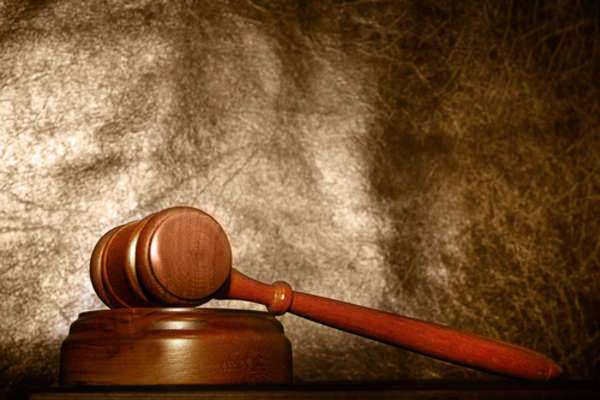Appeals to the Lanham Act of 1946
The Lanham Act provides for individuals or companies to dispute the conclusions of the Unites States Patent and Trademark Office by making a formal trademark appeal. A trademark appeal can be taken directly to the Trademark Trial and Appeal Board regarding any final decision made by the examiner responsible for a particular trademark registration, as long as the payment of the instituted fee is completed.
A trademark appeal can be made for other particular situations to the United States Court of Appeals for the Federal Circuit. The Lanham Act provides for criteria for those entitled for such a trademark appeal:
Applicant for trademark registration

Party to a proceeding regarding trademark interference
Party to an opposition proceeding
Party to lawful concurrent user application and registration
Party to a cancellation hearing
Applicant for a renewal not satisfied with the decision for denial
Those who may decide to take a trademark appeal to the United States Court of Appeals for the Federal Circuit automatically waive their right to take civil action. The trademark appeal to the Court of Appeals must be first filed with the Patent and Trademark Office, in order to provide for a written notice to the Director that such an appeal is to take place.
The Director will then submit a list of all the pertaining documents found in the Patent and Trademark Office in regards to this particular trademark appeal, and in some cases, a brief may also be included which will explain the decision of the office. The Court of Appeals will then review all of the information as provided by the Patent and Trademark Office and submit its ruling to the Director.
The rest of the proceedings will be carried out by the Patent and Trademark Office. It is important to note that there will be no ruling in favor of the applicant if the trademark is not properly registered, and the person cannot provide evidence that the trademark is in proper use as governed by federal trademark laws.
In the case of civil action trademark appeal, any person that has not appealed to the United States Court of Appeals for the Federal Circuit is eligible. They must initiate such proceedings within sixty days of the decision that originated the motion for trademark appeal. The Trademark Trial and Appeal Board will be in charge of the proceedings, in which the Director may or may not be a part of, depending on the circumstances of the appeal or proceeding.
Common appeals heard by the board include opposition to a trademark, cancellation of a trademark, and/or request for concurrent use of a trademark. Trademark opposition usually encompasses a proceeding involving another company opposing the use a particular trademark on the grounds of infringement. The party that has their mark properly registered will have rights of superiority, pending a proper investigation regarding the trademark appeal. Trademark cancellation may be petitioned because of the non-use of a trademark, or failure to establish purpose for commercial use within a certain period of time.
Concurrent use trademark appeals will often deal with the use a particular trademark in another location. The appeal may be upheld if it can be proven that no consumer confusion of the owner of the trademark will occur. All the expenses incurred by the trademark appeal proceedings are the sole responsibility of the one motioning for appeal, as far as they are not deemed unreasonable by the court.